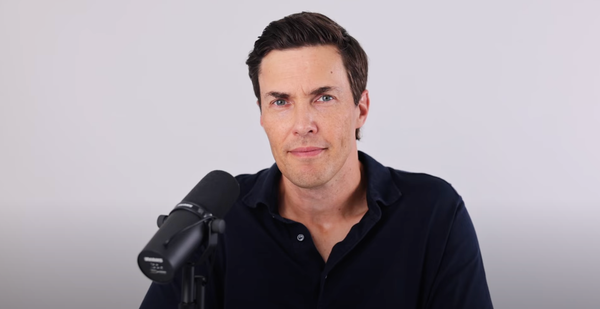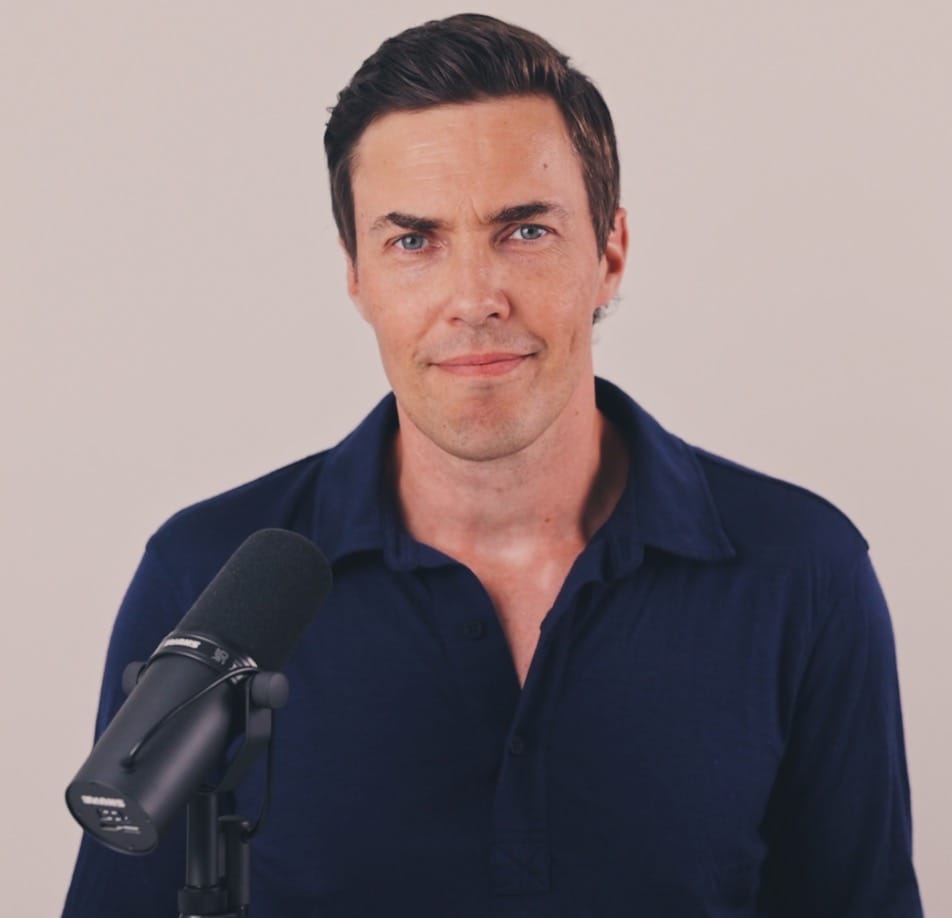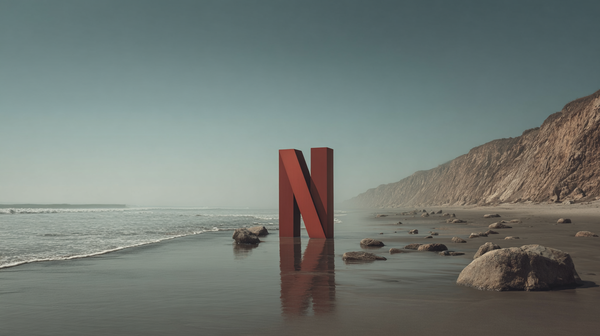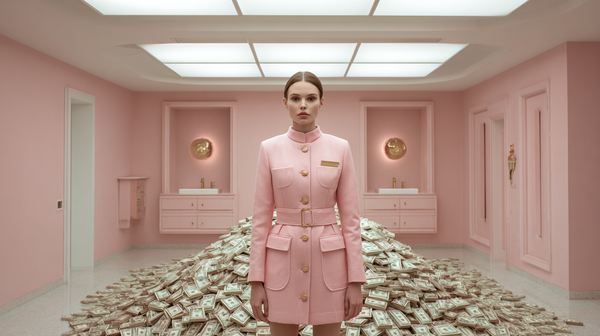We live in a time of near-infinite possibility. You can start a company in a weekend, outsource your supply chain to strangers on another continent, and advertise to millions of people with a few clicks. If you don’t like your job, you can switch industries. If you don’t like your industry, you can reinvent yourself on LinkedIn. Optionality, as Silicon Valley calls it, has become the new religion.
But here’s the paradox: the more options we have, the harder it becomes to move forward. The investor’s maxim that “optionality equals value” doesn’t translate neatly into the life of an entrepreneur. For most of us, too much optionality feels less like freedom and more like a slow suffocation under the weight of unrealized potential.
Take my own life. Over the past 20 years I’ve founded nine professional service firms, moved across continents, and collected more “what ifs” than I care to admit. At some point, the question wasn’t can I do this? but should I? Every path not taken lingers in the background like a ghost at the dinner table. And ghosts make for terrible dinner company. What can I say, I am an entrepreneur at heart and I love chasing new opportunities. The cost? Lots of unnecessary work. I tell my brain to just get one thing working, but it won't listen. Having said that, I have been pretty consistent, I suppose.
Behavioral economists call this the paradox of choice. Psychologist Barry Schwartz argued that while a few choices make us happier, too many erode satisfaction and increase anxiety. Entrepreneurs are particularly vulnerable to this trap. We’re wired to spot opportunity everywhere — the gap in the market, the unmet need, the inefficiency that begs for fixing. It’s a gift, but it can quickly become a curse.
Contrast this with artists or athletes. A painter doesn’t walk into the studio and think, “I could do oil, watercolor, sculpture, or start a DTC shoe brand.” They pick up the brush and paint. Golf taught me something similar: you can only hit one shot at a time. You can’t stand on the tee box entertaining twelve possible swings. You choose one and commit.
This is why some of the most successful entrepreneurs are almost monastic in their focus. Steve Jobs wore the same black turtleneck not because he lacked imagination, but because he understood that eliminating trivial decisions frees energy for the big ones. Warren Buffett famously eats the same breakfast every day for similar reasons. Focus, in this sense, is less about ambition and more about conservation.
The real cost of optionality isn’t just distraction; it’s identity. Every option we leave open prevents us from fully inhabiting the path we’ve chosen. To say yes to one thing is to become that thing — a founder, a brand builder, a writer. To keep every door ajar is to remain a permanent tourist in your own life.
Optionality is seductive. It whispers that you can always pivot, always start over, always keep one foot in another future. But at some point, growth requires burning the boats. The irony is that freedom doesn’t come from having infinite doors open; it comes from walking through one, closing it behind you, and deciding that this is your house now.
As for me, I'll keep chasing the ideas I believe in. That's just who I am.

